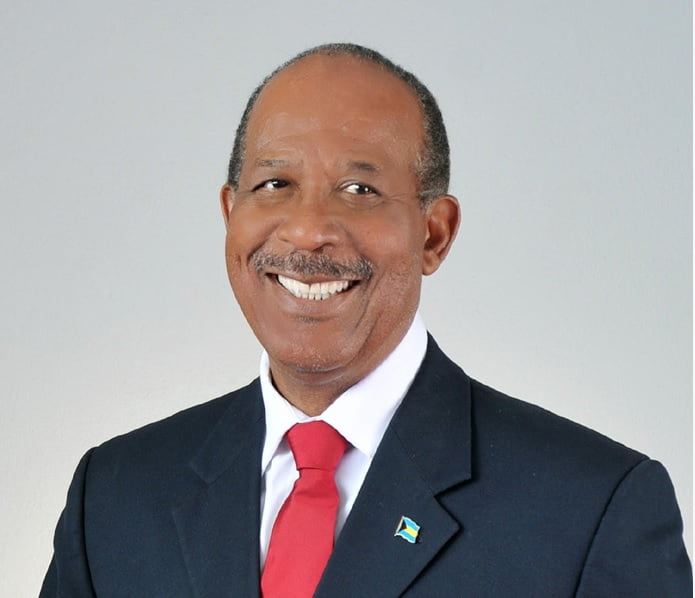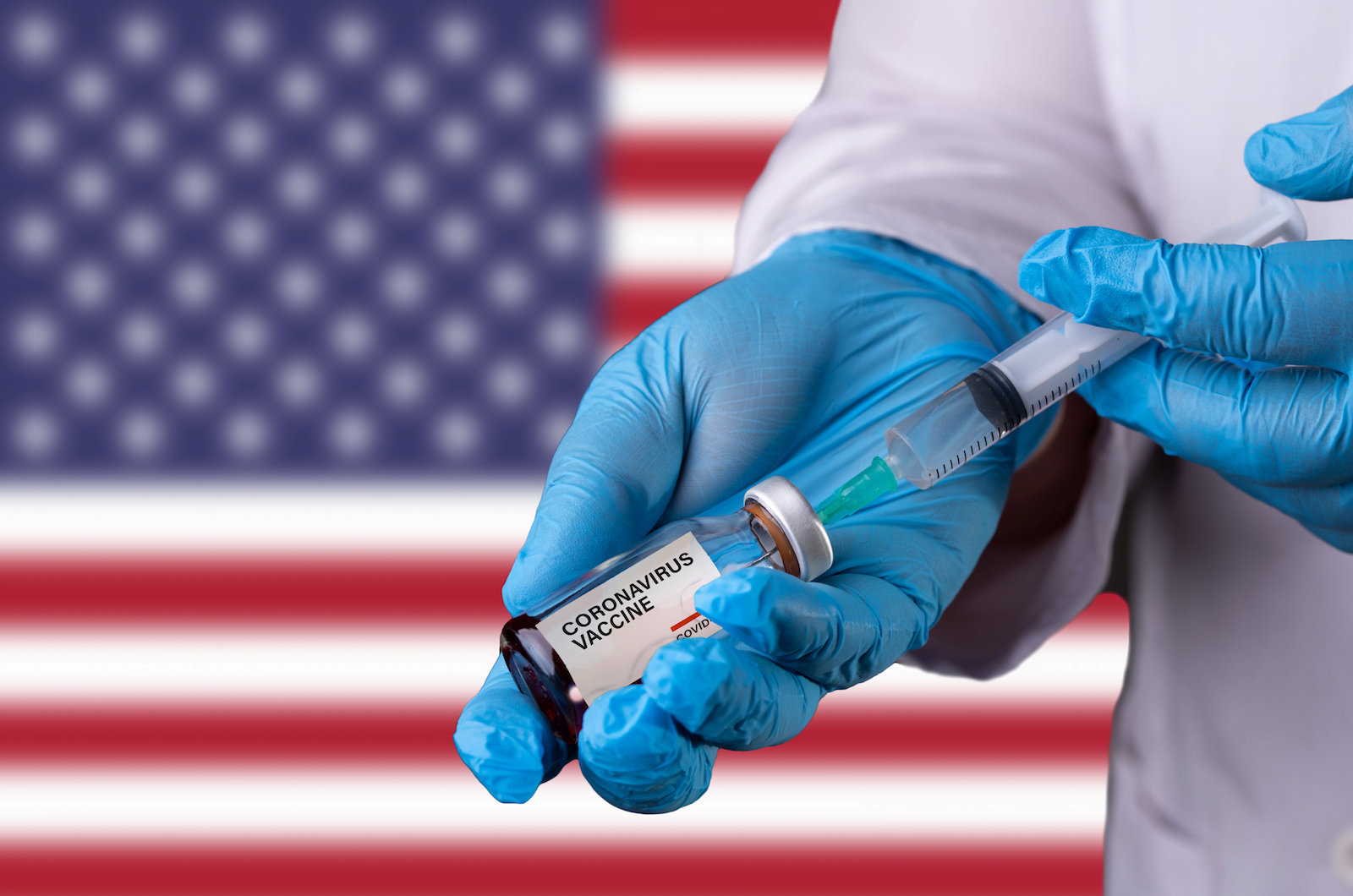NASSAU, BAHAMAS — Bahamas Ambassador to the United States Sidney Collie said yesterday that the United States’ donation of approximately five million Pfizer-BioNTech COVID-19 vaccines to the Caribbean Public Health Agency (CARPHA), from which The Bahamas will receive a tranche of doses, is “imminent”.
The ambassador was unable to confirm the exact number of doses The Bahamas will receive, but said the tranche of Pfizer doses in addition to the doses of AstraZeneca from the US via the COVAX Facility will bode well for Bahamians and the government’s vaccination program.
“When Dr [Delon] Brennen (deputy chief medical officer) and I spoke last week, they were imminent,” Collie told Eyewitness News.

“I stopped following and inquiring because it was a clear understanding from the White House and our embassy that Caribbean nations should now check with CARPHA.”
He continued: “The other 13 million out of the 18 million, that was sent to WHO’s (World Health Organization) COVAX Facility, so that will also be distributed. The Bahamas will also get a second tranche out of that one. There is no timeline on that.”
“I am optimistic based on my direct conversations with my contact and the MSC that, to tell you the truth, that shipment should have gone already…” he added.
Earlier this month, Pfizer announced the US government planned to purchase at not-for-profit price 200 million doses in 2021 and 300 million doses in the first half of 2022 to be donated to approximately 100 low-and lower-middle-income countries, including those in African Union, via the COVAX Facility.
The pharmaceutical firm said the delivery of the 200 million doses was slated to begin in August 2021.
In April, the White House advised the US will share 60 million doses of AstraZeneca.
The Oxford-based vaccine is awaiting approval from the US Food and Drug Administration.
The White House announced in May that it will also share an additional 20 million doses, including Pfizer, Moderna and Johnson and Johnson.
US President Joe Biden has committed to sharing a total of 80 million doses by the end of June.
Around 19 million doses were expected to be shared with the COVAX Facility while six million doses were expected to be shared with Latin American and the Caribbean.
There have been calls for more large-scale vaccine donations.
UNICEF Regional Director for Latin America and the Caribbean Jean Gough said Sunday that equitable access to COVID-19 vaccines represents the “clearest pathway out of the pandemic for all of us, children included”.
“These donations are important steps in this direction,” he said.
“In the coming weeks and months, further scaling up COVID-19 donations by well-supplied countries, including through large-scale dose sharing to Latin America and the Caribbean, is vital to help end the acute phase of the pandemic.”
On Sunday, the US government donated 1.5 million doses of Moderna COVID-19 vaccines via the COVAX Facility as part of the Biden administration’s commitment to share US vaccine supplies with the world.
Countries in Latin America and the Caribbean have consistently reported some of the highest case counts and deaths around the globe per capita.
Just 11 percent of the population in the Caribbean and Latin America combined have completed their vaccination schedule, with some countries not being able to vaccinate over one percent of their populations.
As of Sunday, just over 91,000 people had been vaccinated in The Bahamas; 58,122 individuals received the first dose while another 32,945 had been fully vaccinated.
The total doses of vaccines administered represent around 22 percent of The Bahamas’ population.
The Bahamas has received just over 87,000 vaccine doses to date, with 20,000 doses being donated by the Indian government.
In March, the US shared over four million doses of AstraZeneca with Canada and Mexico.






